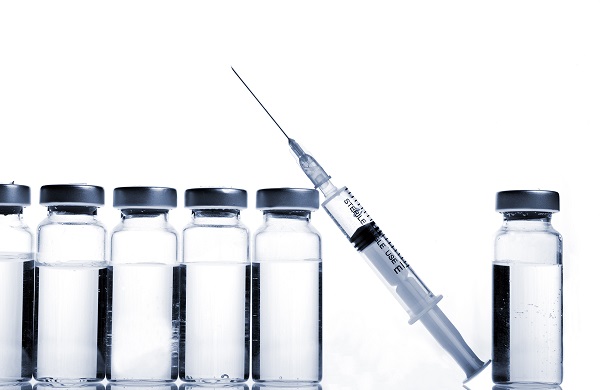Opioid misuse lead to at least 456 deaths in UK hospital

Care standards and ethics in the NHS are once again under scrutiny after a report found that overprescription of opiates at Gosport War Memorial Hospital shortened hundreds of lives.
Findings of a panel set up by Norman Lamb, a former Minister of State for Care and Support at the Department of Health, under the chairmanship of Bishop James Jones addressed concerns raised by families over twenty years about the care of their relatives in Gosport War Memorial Hospital.
One of the most stark findings was an evidence of opioid usage without appropriate clinical indication, leading to 456 deaths.
This looks like a scandal of the same magnitude as previous NHS crises, such as the shocking lapses in care at mid-Staffordshire Hospital uncovered a decade ago, and the lax care standards found at Bristol Royal Infirmary in the 1990s that were blamed for high death rates among babies having cardiac surgery.
According to the report there is a high possibility of approximately 200 more patients affected by this practice, however their clinical notes were not found.
Opioids are central to the management of acute or chronic pain, and occasionally used for breathlessness. However, only 45% of examined cases with complete drug information had any suggestion of recorded pain.
The occurrence of opioid usage in the hospital followed a striking pattern over time with no instances found before 1988, substantial increase in numbers from 1989, followed by an equally significant decline over 1999 and 2000, with no instances in 2001.
The independent report found that Jane Barton, the GP who worked and run Gosport War Memorial hospital wards for 12 years, is responsible for overprescribing drugs for her patients in the 90s.
“The practice of prescribing and administering drugs at the hospital conflicted with the national and local guidance which applied at the time”, the report said.
In the great majority of patients, the opioid was diamorphine administered via a syringe driver, often in conjunction with other drugs, particularly midazolam and hyoscine, over the last few days of life. This corresponds closely with the concerns expressed by families.
The report added: "There was an institutionalised regime of prescribing and administering 'dangerous doses' of a hazardous combination of medication not clinically indicated or justified, with patients and relatives powerless in their relationship with professional staff."
The documents “also demonstrate the suboptimal care and lack of diligence by nursing staff in executing their professional accountability for the care delivered, a disregard for human life and a culture of shortening the lives of a large number of patient”, the panel found.
Health secretary Jeremy Hunt responded to the report's findings by calling for greater transparency and openness in the NHS, and an end to the blame culture that is preventing whistleblowers coming forward when they see evidence of poor care.
Hunt told the BBC: "We make it much too hard for doctors and nurses to do that - they are worried that there will be litigation."
Many doctors and nurses are fearful of being hauled up in front of the doctors' and nurses' licensing bodies, and the impact this could have on their jobs, said Hunt.
"In some places they are worried they might get fired, so we do have to tackle that blame culture and turn that into a learning culture," he said.
Opioid crisis
The opioid crisis has been also hitting America. It is now officially named by the United States Department of Health and Human Services (HHS) as an epidemic.
Over 42,000 people died in the US in 2016 from opioid-related drug overdoses, and a staggering 11.5 million people misused their prescriptions.
Last year, hospitals in England took in 20,130 patients for overdoses linked to opioids except heroin – an 85% rise in the last 10 years.
Public health minister Steven Brine has warned that the UK must not let the issue reach the same crisis levels seen in the US.











